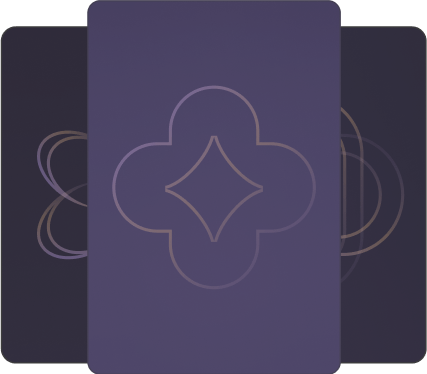What is
Flow by Mihaly Csikszentmihalyi about?
Flow explores how achieving a state of deep focus and engagement—called "flow"—leads to optimal experiences and lasting happiness. The book outlines conditions for entering flow (clear goals, challenge-skill balance, immediate feedback) and examines its role in physical activities, work, creativity, and relationships. Csikszentmihalyi argues that mastering flow transforms mundane tasks into meaningful, fulfilling pursuits.
Who should read
Flow by Mihaly Csikszentmihalyi?
This book is ideal for psychology enthusiasts, coaches, athletes, and professionals seeking peak performance. It’s also valuable for anyone feeling unfulfilled, as it provides actionable strategies to cultivate purpose and joy. Readers interested in positive psychology, mindfulness, or self-improvement will find its research-backed insights transformative.
Is
Flow by Mihaly Csikszentmihalyi worth reading?
Yes. Flow is a groundbreaking work that reshapes how we understand happiness and productivity. Its blend of academic rigor and accessible storytelling makes complex concepts relatable. Reviewers praise it for inspiring actionable change in personal and professional lives, calling it a "classic" in positive psychology.
What are the key components of a flow state?
A flow state requires:
- Clear goals to direct focus.
- Challenge-skill balance (neither too easy nor overwhelming).
- Immediate feedback to adjust actions.
- Deep concentration that eliminates distractions.
These elements create immersive engagement, making time feel distorted and self-consciousness fade.
How does
Flow relate to happiness?
Csikszentmihalyi argues happiness stems from purposeful engagement, not passive pleasure. Flow states foster "optimal experiences" that bring intrinsic joy, resilience, and a sense of control. By structuring life around flow, individuals can transform routine tasks into sources of meaning and fulfillment.
What are the main criticisms of
Flow?
Some critics note the book’s dense academic roots, though it’s praised for accessibility. Others argue its focus on individual agency overlooks systemic barriers to happiness. Despite this, its core principles remain widely influential in psychology and self-help.
How can I apply
Flow principles to daily life?
- At work: Break tasks into clear goals with incremental challenges.
- Hobbies: Choose activities that match your skill level but require growth.
- Relationships: Engage in joint challenges that foster mutual focus.
Csikszentmihalyi emphasizes redesigning routines to prioritize flow-inducing tasks.
How does
Flow compare to
Atomic Habits or
Deep Work?
While Atomic Habits focuses on habit formation and Deep Work on productivity, Flow delves into the psychology of intrinsic motivation. All three emphasize focused engagement, but Csikszentmihalyi’s work uniquely ties performance to emotional fulfillment.
What quotes define
Flow’s core message?
- “Control of consciousness determines the quality of life.”
- “The best moments usually occur when a person’s body or mind is stretched to its limits.”
These lines underscore the book’s thesis: mastery over attention and challenge leads to fulfillment.
Why is
Flow relevant in 2025?
In an era of digital distraction and remote work, Flow’s strategies for maintaining focus and purpose are critical. Its principles align with modern demands for mindfulness, mental health, and sustainable productivity, making it a timeless guide.
What are the key takeaways from
Flow?
- Happiness is a skill cultivated through engagement.
- Structure tasks to match challenges with skills.
- Unify personal and professional goals around flow.
These lessons help build resilience against stress and boredom.
How does Mihaly Csikszentmihalyi define “optimal experience”?
An optimal experience is a state of flow where action and awareness merge. It occurs when challenges align with abilities, creating a sense of effortless control and intrinsic reward. These moments form the foundation of a meaningful life.









